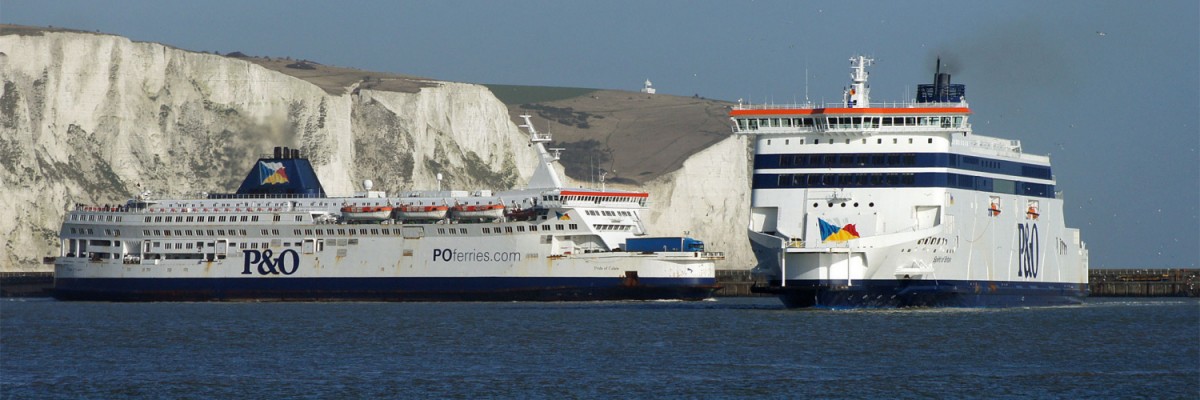P&O Ferries: was firing 800 staff unlawful?
On 17 March 2022, the management of P&O Ferries announced by video call to 800 workers that their employment was to be terminated with immediate effect. Many are stunned that a major British employer could fire so many employees at will. However, there are potential legal consequences to P&O Ferries’ actions.
Under UK employment law, an employer needs a fair reason in order to dismiss an employee. It is unclear what reason P&O is likely to rely upon to justify the sackings. The company reportedly said the sackings were necessary “to reduce our crewing costs by 50 per cent, secure the future of our business and set it up for growth”.
One reason P&O Ferries might rely on is redundancy. This reason is appropriate where dismissal is due to a need to reduce headcount. However, P&O Ferries could struggle to prove that this was a genuine redundancy situation. It does not appear that staff numbers are being reduced; the main motivation appears to be reduction of staffing costs.
Alternatively, P&O Ferries could rely on the catch-all category of “some other substantial reason” (SOSR). This reason is typically used by employers where the reason for dismissal does not align neatly with one of the other legally accepted reasons for dismissal.
Whatever reason is chosen an employer must follow a fair procedure when dismissing staff. The appropriate procedure to follow depends on the reason for dismissal. With either redundancy or SOSR, a fair process involves consulting with employees prior to their dismissal. Given the swift manner in which the dismissals took place, no form of consultation seems to have occurred.
Without a fair reason or a fair procedure being followed prior to dismissal, P&O Ferries may find itself facing claims of unfair dismissal in the employment tribunal. However, those are not the only claims it could potentially face.
Where 100 employees or more are facing dismissal, an employer is legally required to take certain steps under collective consultation legislation. These include consulting collectively with employees at least 45 days before the date of the first dismissal. The penalty for not engaging in collective consultation is a protective award for each employee of up to 90 days’ gross pay. This is one of the most expensive liabilities an employer may face in employment law.
Another requirement is the need to notify the Secretary of State of the Department for Business, Energy and Industrial Strategy (BEIS) of the planned dismissals. The notification must be sent to BEIS at least 45 days before the first dismissal. Failure to do so is a criminal offence punishable by a fine. According to reports, the Government only learnt of the planned dismissals the night before the P&O Ferries announcement. The company’s directors could face criminal proceedings for failing to comply with the collective consultation obligations.
According to reports, P&O Ferries has offered its employees severance packages containing enhanced redundancy payments. These are likely being offered as a means of staving off claims for unfair dismissal and failure to carry out collective consultation. However, the company cannot dispel the potential criminal charges the company and its directors may face for not engaging in collective consultation in such a manner.
Whatever litigation eventually transpires, it’s clear P&O Ferries seriously underestimated the potential fallout from its decision to sack 800 staff. Trade unions are picketing ports and calling for consumers to boycott its services. The Government is asking the company to explain its actions. The company that was already suffering from a financial black hole of £100m per year could yet experience greater financial misfortune, in addition to long-lasting reputational damage.
On 30 March 2022, the Transport Secretary announced nine measures aimed at giving “our maritime workers the rights they deserve, whilst destroying the supposed gains P&O Ferries hoped to obtain”.
They include:
- introducing a statutory code of conduct on “fire and rehire tactics” that will allow a court or employment tribunal to take the manner of dismissal into account and, if an employer fails to comply with the code, impose a 25% uplift to a worker’s compensation;
- exploring the creation of minimum wage corridors and a common level of seafarer protection along direct routes with France, Denmark, the Netherlands, Ireland, and Germany; and
- giving British ports new statutory powers to refuse access to regular ferry services that do not pay their crew the National Minimum Wage.
It remains to be seen whether these proposed measures will achieve the stated aims of preventing similar mass dismissals of workers from occurring in the future. Employers with sufficiently deep pockets may still make a commercial decision that breaking the law is worth the potential legal penalties given the long-term financial savings.
On 1 April 2022, the Insolvency Service announced that it has commenced formal criminal and civil investigations into “the circumstances surrounding the recent redundancies made by P&O Ferries”.
